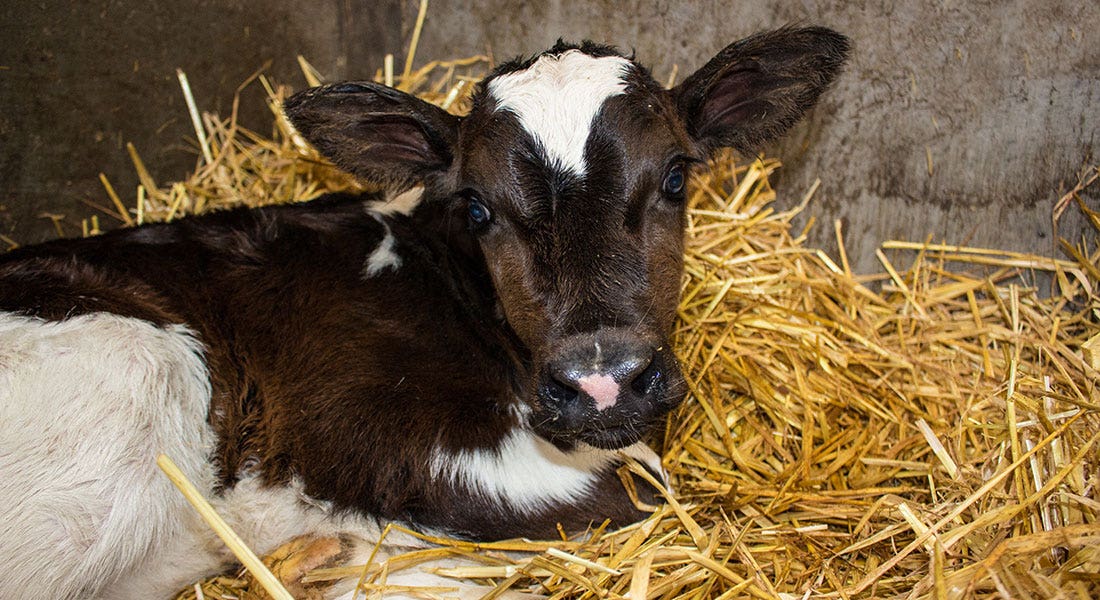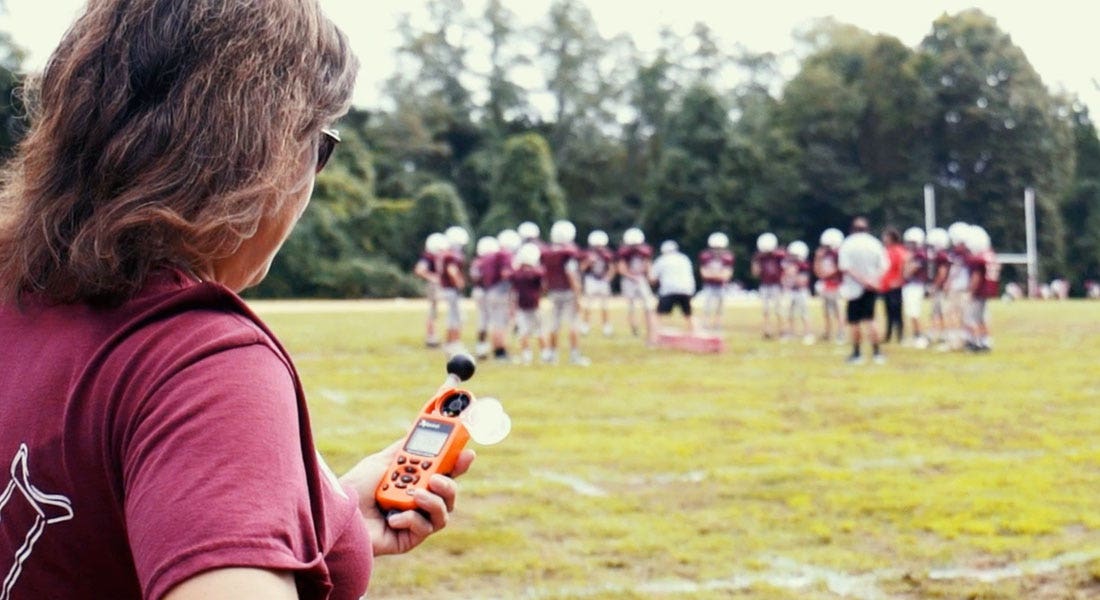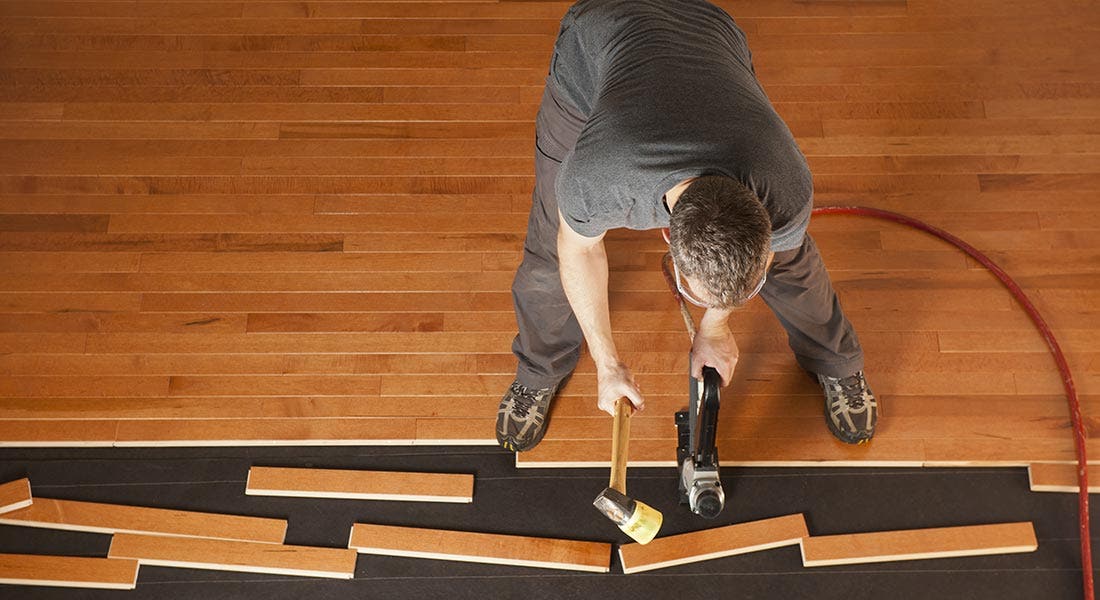The American Kestrel Nest Box Program
American Kestrels are North America's smallest species of falcon, and the only species of Kestrel found on this continent. These small, charismatic, aerial predators are about the size of a dove and are easily identified by their distinct plumage. Kestrels are one of the few raptors that are sexually dimorphic, meaning males and females are easily recognizable. Both males and females have creamy chests with black spots and black "slashes" or "mustaches" under their eyes. Males have slate blue wings, rufus backs spotted with black spots, and a black subterminal band on their tail. Females' backs and shoulders are fully rufus with black spots, and their tails are alternating rufus and black barring.
Unfortunately, their populations have been declining across North America for more than four decades, and the Mid-Atlantic region has experienced the greatest population decline of any region in North America - with a population falling more than 88% from their levels in the 1970s. With American Kestrels confirmed in only 61 of 156 blocks in the 2012 Breeding Bird Atlas for Delaware, the American Kestrel was listed as Endangered in Delaware in 2013. Varying theories accompany the Kestrel's nationwide decline, with main culprits likely a combination of loss of suitable nesting and hunting habitat, pesticide accumulation, climate change, increased exposure to zoonotic diseases, or nest site competition with invasive European starlings, however, more research is necessary.
Since 2014, the Brandywine Zoo has been installing and monitoring Kestrel nest boxes around Delaware and sharing data with the American Kestrel Partnership, a project of The Peregrine Fund. More recently, other nonprofit and governmental organizations have joined the Brandywine Zoo in monitoring and researching Kestrels in the state, and together we have formed the Delaware Kestrel Partnership (DKP). This partnership now consists of the Brandywine Zoo (and the Delaware Zoological Society, the Zoo’s nonprofit support organization) and Delaware Fish and Wildlife (DFW) as program leaders, with additional support from Delaware State Parks, Tri-State Bird Rescue and Research, Delmarva Ornithological Society, Delaware Nature Society, and the American Kestrel Partnership. More information is available at BrandywineZoo.org/DKP.
One of the focuses of this project will be to investigate factors contributing to nesting success. This will include evaluating habitat appropriateness for prey carrying capacity and plant diversity, human disturbance levels and proximity to development, as well as understanding weather influences on nesting success. Dr. John Smallwood, of Montclair State University, has been looking into the effects of precipitation from the preceding winter and fall on springtime nesting success. His early research results have shown correlation between previous season snow and rainfall and Kestrel nest establishment dates as well as nesting success.
2017 was the first year of this project to successfully produce chicks since this project began- with around 15% nest occupancy and about 10% of our nests successfully producing chicks. Last year, we monitored 55 nest boxes, had kestrels sighted at 22 box locations, activity at 10 locations (kestrels sighted at the nest box), nesting attempts at 8 (eggs laid), and 4 successful nests. The 8 nesting attempts resulted in 31 eggs, 19 chicks (from 4 boxes), and 13 confirmed fledglings were seen outside the nests. For the 2018 nesting season (March-July), our team will be monitoring nearly 80 nest boxes across all three counties in Delaware. We will also be trapping and banding adult kestrels to further increase our ability to monitor the movements of this population across the region. We’re looking forward to another successful season of monitoring and chicks for 2018 and already have several promising nest boxes.
Kestrel Guest Blogger: Jacque Williamson
About Jacque Williamson
Jacque is the current Curator of Education at the Brandywine Zoo. To contact Jacque, her email address is Jacque.Williamson@state.de.us









